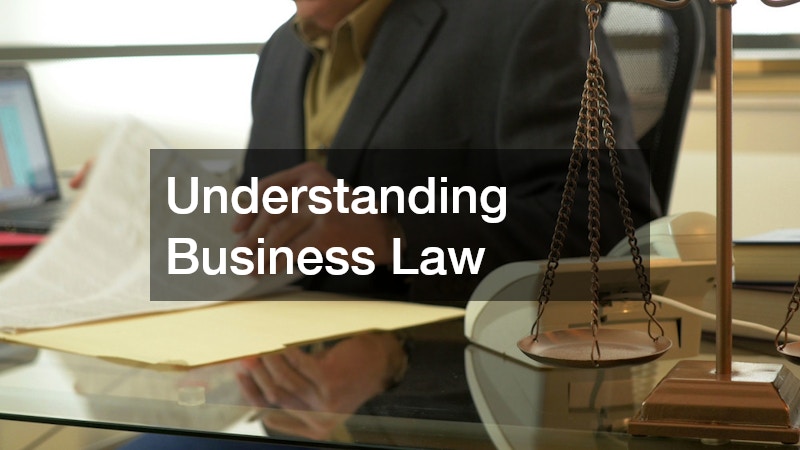
In today’s economic climate, protecting your paycheck from garnishments is more important than ever. Understanding what garnishments are, how they work, and what you can do to prevent them can help safeguard your financial health. This article aims to provide comprehensive information on wage garnishments and how you can protect yourself.
What are wage garnishments, and how do they work?
Wage garnishments are legal procedures through which a portion of an individual’s earnings is withheld by an employer for the payment of a debt. This process is heavily regulated under federal law, specifically the Consumer Credit Protection Act (CCPA), which establishes limits to the amount that can be garnished.
Each state may have its regulations that offer additional protections to consumers, varying the impact and scope of garnishments.
When a court issues a garnishment order, it effectively mandates the employer to deduct a certain sum from the employee’s paycheck for the debt repayment. Compliance with these orders is not optional for employers, and failure to implement garnishments can lead to penalties. The garnishment order remains active until the debt is fully paid or other arrangements are made through legal procedures.
The legal framework ensures that even when garnishments occur, a portion of the paycheck remains protected to cover basic living expenses. It’s important to understand both federal and state laws to know your rights and potential exemptions. By being informed, individuals can navigate the legal complexities more effectively.
Wage garnishments can arise from a variety of financial obligations, with unpaid debts being one of the most common triggers. Court judgments for debts such as credit card balances, medical bills, and loans often result in garnishment orders. Child support arrears are another major cause, as courts prioritize such payments to ensure the welfare of children.
Tax debts owed to the Internal Revenue Service (IRS) can also lead to garnishments, as the government actively pursues overdue amounts. Additionally, federal student loan defaults may result in garnishments, emphasizing the need for timely management of educational debt. Understanding these common causes can help individuals take preemptive measures to prevent garnishments.
Overall, the reasons for garnishments highlight the importance of managing financial obligations diligently. Recognizing the signs of potential financial trouble and seeking assistance can mitigate the risk of garnishment. Taking proactive steps can prevent the compounding of financial issues that eventually lead to more severe outcomes.
How can you protect your paycheck from being garnished?
Negotiating with creditors can be a highly effective strategy to stop garnishments. Approaching creditors to discuss repayment terms can lead to settlements that work within your financial means. Creditors are often willing to negotiate terms such as lower payments or extended timelines when approached proactively.
An honest assessment of your financial situation can provide a strong foundation for negotiation. This willingness to cooperate and find a mutually beneficial solution can prevent the need for garnishment proceedings to commence. Moreover, showing commitment to repaying the debt can encourage creditors to seek collaborative resolutions rather than punitive actions.
Effective negotiation not only prevents garnishments but also fosters a healthier financial relationship with creditors. By maintaining communication and transparency, individuals can lessen the burdens of debt repayment. It is essential to act promptly and responsibly, avoiding the escalation to legal proceedings.
Federal and state governments provide certain exemptions and limits to protect a portion of your income from garnishments. Under the CCPA, for example, no more than 25% of your disposable earnings or the amount by which your weekly income exceeds 30 times the federal minimum wage, whichever is less, can be garnished. These exemptions ensure that individuals retain enough income to cover essential living expenses.
What are the long-term effects of wage garnishments?
Wage garnishments can have profound implications for an individual’s credit score. The court judgments that often accompany garnishments appear on credit reports, significantly affecting creditworthiness. A lower credit score limits access to favorable loan terms, creating additional financial burdens.
The presence of a garnishment on a credit report may result in creditors viewing the debtor as a higher risk. Consequently, it could lead to higher interest rates or potential denial of credit applications. This establishes a challenging financial environment that requires careful management to overcome.
Understanding the credit implications of garnishments emphasizes the need for preemptive financial management. Reducing debt exposure and addressing financial obligations before they require garnishments is crucial. Over time, the negative impacts can be ameliorated through conscious efforts to rebuild credit standings.
Protecting your paycheck from garnishments is crucial for maintaining financial stability. By understanding the mechanisms of garnishments and exploring protective measures, you can minimize the risk and impact on your finances. Being proactive and informed is the best defense against wage garnishments.




